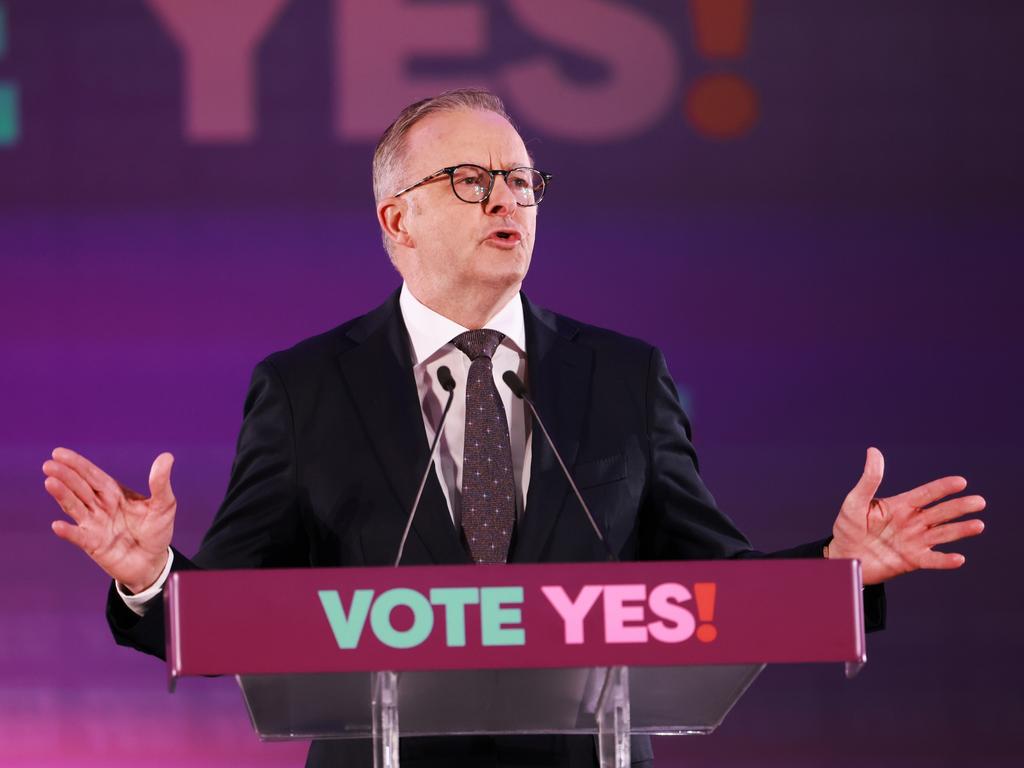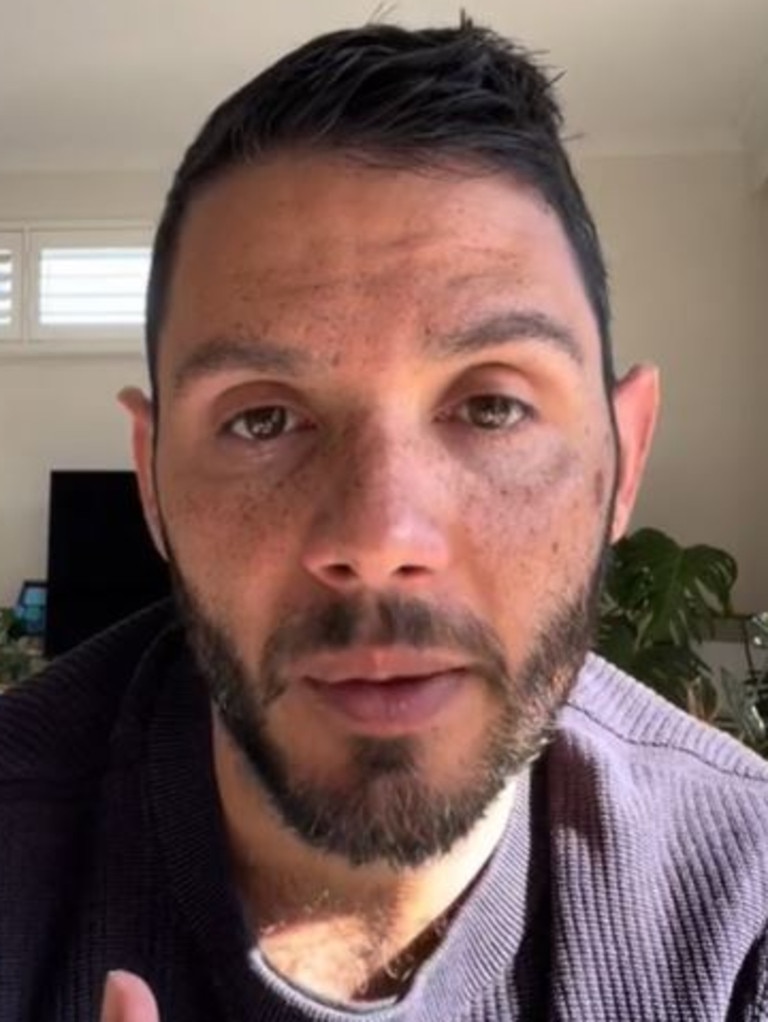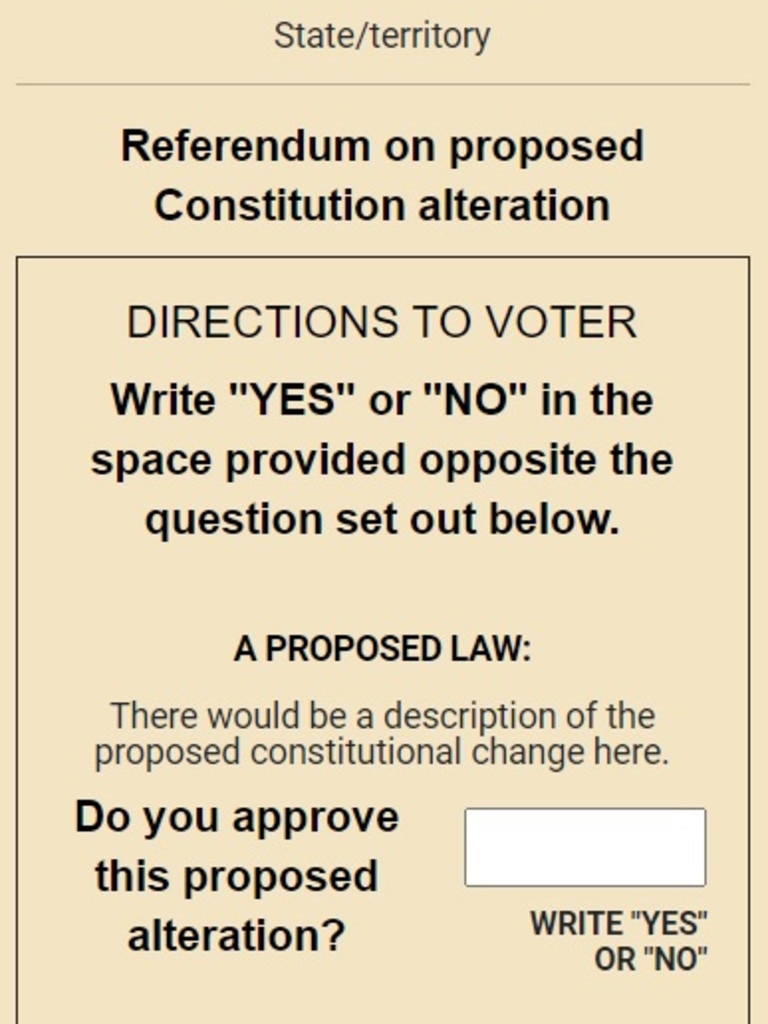Aussie professor busts ‘ridiculous’ myths around the Voice to parliament
An Aussie professor has fired up at the “ridiculous” conspiracies surrounding the Voice, branding it a “whirlpool of bulls**t”.
In just a few weeks’ time Australians will head to the polls to cast their vote on the Indigenous Voice to parliament.
This week, Prime Minister Anthony Albanese confirmed the date of the Voice referendum, revealing voters will go to the polls on October 14.
Unfortunately, there are still a lot myths and misinformation being spread online around the referendum and what it actually means for Australia.
One person who has been combating this misinformation is West Australian man Braden Hill – who has been using his TikTok to expose the ridiculous statements some No campaigners have been pushing.
Professor Hill is a Noongar (Wardandi) man and Deputy Vice Chancellor (Students, Equity and Indigenous) at Edith Cowan University.

He is a vocal supporter of the, Voice believing introducing an advisory group of Indigenous Australians to parliament is a “really important step in the right direction”.
“To have a way that Aboriginal and Torres Strait Islander people can, regardless of where they’re from, effectively participate in conversations with parliament about matters that impact their families and communities is something that has been missing for a long time,” he told news.com.au.
Professor Hill is well aware of the misinformation that is being spread about the Voice, saying that some of lies being touted would be “hilarious if they weren’t so damaging in terms of our ability to have a proper conversation” about the referendum.
One of the most common myths related to claims the Uluru Statement from the Heart, is longer than previously stated, with the other pages secretly covered up by Yes campaigners and the government.
The Uluru Statement was shared in 2017 and informed part of the Voice to parliament referendum by calling for a First Nations Voice to be established in the constitution.


Early last month, Sky News host Peta Credlin claimed to have “exposed” the Uluru Statement as a 26-page document instead of just one page, accusing Mr Albanese of lying.
However, it was then confirmed by the National Indigenous Australians Agency (NIAA) and the authors of the Uluru Statement, Noel Pearson, Pat Anderson AO and Professor Dr Megan Davis, that it is in fact a “one page document”.
The other pages, some that have been publicly available for years and others that were released under the Freedom of Information act earlier this year, relate to “background information and excerpts of regional dialogues that informed the one-page Uluru Statement from the Heart”, according to an NIAA spokeswoman.
Professor Hill also revealed there is a “conspiracy theory” that the Voice will lead to land taxes, reparations or special rights for Indigenous Australians.
“It is just an advisory. And that’s why some think it doesn’t go far enough,” he said.
He touched on this “conspiracy” in one of his recent TikToks, blaming a “gigantic whirl of bulls**t” for the spread of this misinformation.
“The idea of the land tax was just a thought bubble that popped into an individual’s head in one of the 13 regional dialogues, which came to the decision to pitch a Voice,” he explained.
He said was a notion from one of the people involved in those dialogues that was then recorded in the minutes of one of the meetings that was then used to create the one page Uluru Statement from the Heart document.
Professor Hill said the Western Australian government was also partly to blame for how they handled the failed introduction of the state’s Aboriginal Cultural Heritage laws.
“It put a lot of fear in a lot of landowners, particularly farmers, who thought this is going to be such a difficult barrier for them to prove that they’re doing the respectful thing by traditional custodians,” he said in the video.
“And really the government stuffed that up. But then I think what people have done is gone back to these old stories, like with native title, of ‘Indigenous people are going to come in and take our land, take our backyards’.
“All this feeds into this whirlpool of bulls**t and people get confused by it.”
When speaking with news.com.au, Professor Hill also hit back at the idea that Indigenous Australians already have a voice in government because there are 11 Indigenous parliamentarians.
However, he noted that none of these people are Independents and therefore have to “play by the rules of their political parties, not their communities back home”.
Some of the misinformation that has been published online is “absolutely nuts”, Professor Hill said, adding that it is ultimately harmful to the Voice conversation and Indigenous Australians.
The most “bizarre” and outright “ridiculous” claim he has seen is that the Voice to parliament is “global conspiracy to have Australia stolen away from Australians”.
While there are undoubtedly Australians who are deliberately peddling misinformation around the Voice, there are those who are still genuinely confused about what the referendum means and what will happen if they vote Yes.
“It is understandable that some Australians are confused, conversations about constitutions can be a tad boring, so let me try and make it clear,” Professor Hill said.
“Most Australians recognise Aboriginal and Torres Strait Islander people as the First Peoples of Australia and are fine with that being reflected in the constitution.
“The Voice is the way the vast majority of Aboriginal and Torres Strait Islander people, after more than 10 years of consultation, believe is a respectful and meaningful way to do this.
“The question you’ll be asked is if you’re cool with that Yes or No. That’s it.”
He added that it wasn’t surprising that many Australians feel disconnected from this conversation, noting a national survey, the Australian Reconciliation Barometer, last year found only 17 per cent of non-Indigenous Australians have socialised with an Aboriginal and/or Torres Strait Islander person.
But Professor Hill noted it is a conversation that has been going on for a long time and now is the perfect time for all Australians to listen to those voices and vote to amplify them in the future.






